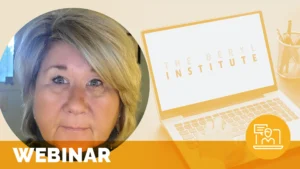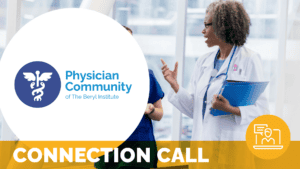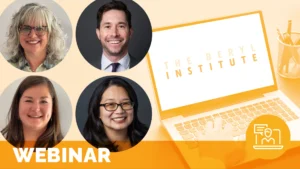Patient Experience Toolkit: A Resource for PX Departments of One

By Ashley Coplin
Small rural hospitals have challenges in providing resources and training in a timely manner due to the nature of hospital work, limited financial resources, and staffing shortages. Additionally, the training must be able to accommodate shift changes and the diverse types of employees (full-time, part-time, PRN).
Whitfield Regional Hospital’s Patient Experience Department is in its infancy. This year marks its second year, and it is a department of one. Being creative is the norm in both the Patient Experience Department and the hospital because of the challenges mentioned previously.
Furthermore, patient experience is continuous, as should be the resources and training pertaining to it. Whitfield Regional Hospital’s Patient Experience Toolkit is both accessible and specific to the hospital’s training and resources. The patient experience training in the toolkit includes both clinical and non-clinical content, such as bedside handoff, Purposeful Rounding, and AIDET.
The toolkit is a guided journey of patient experience: how it’s defined (using The Beryl Institute’s definition), the patient’s journey and touchpoints, employee impact on patient experience, training tools, and patient experience surveys like HCAHPS and OAS CAHPS. It also indicates how patient feedback is received and disseminated throughout hospital departments. Service recovery is outlined, as well as the expectations of the employee when there is an issue.
Chaplains are an integral part of the hospital and a resource that is often overlooked. This toolkit provides a list of current chaplains and encourages utilizing them for spiritual support. Additionally, the toolkit provides contact for the patient advocate and defines the advocate’s role within the organization.
The toolkit is a document that can be a printed booklet and shared with each department or viewed as an online flipbook. The flipbook is intended to provide ease of use. To view the flipbook, click here.
The toolkit is not a substitute for training but a complement to it. To ensure departments utilize the toolkit, ongoing reminders and communications will be provided to department directors. Because department directors were asked to review and make edits, with their feedback, future considerations may include using it for new employee orientation or developing department-specific toolkits.
Providing resources for employees that are easy to understand, accessible, and economical is important for rural hospitals with limited workforce and budget. Developing a toolkit that is free or has minimal cost that provides an online link to share is an effortless way to meet these challenges.
About the author:
Ashley Coplin is the Director of Patient Experience at Whitfield Regional Hospital in Demopolis, Alabama. She found her way into healthcare after being diagnosed with breast cancer in 2021. Connect with Ashley on LinkedIn.
Related content
-
 Patient Family & Community Engagement | Staff & Provider Engagement
Patient Family & Community Engagement | Staff & Provider EngagementThe Importance of Emotional Intelligence in Patient Relations (Part 1)
The Patient Relations department assesses and resolves complex patient issues related to customer service, billing, and patient care daily by researching errors and patient issues and finding the proper solution to satisfy the needs of the patient and their care partners. Individuals possessing a high emotional intelligence (EI) quotient can use their emotions as a
Learn more -
 Staff & Provider Engagement
Staff & Provider EngagementPhysician PX Scorecards: Motivating with Transparent Comparisons
Dr. Taylor Sewell, Medical Director of Patient Experience, shares a new performance scorecard program for providers at NewYork-Presbyterian. This mini-webinar explains the data used to develop the scorecard and how these metrics are helping to shape their provider-led patient experience strategy.
Learn more -
 Culture & Leadership | Infrastructure & Governance | Staff & Provider Engagement
Culture & Leadership | Infrastructure & Governance | Staff & Provider EngagementOwnership at the Frontline: Innovating an Experience Champions Program
Many patient experience teams are small, and it’s hard to do it all. Having an “Experience Champs” program allows us to have multiple hands with one voice influencing all locations. Experience Champs are made up of frontline staff members who are chosen by their leaders as passionate role models. During the last five years, the
Learn more
